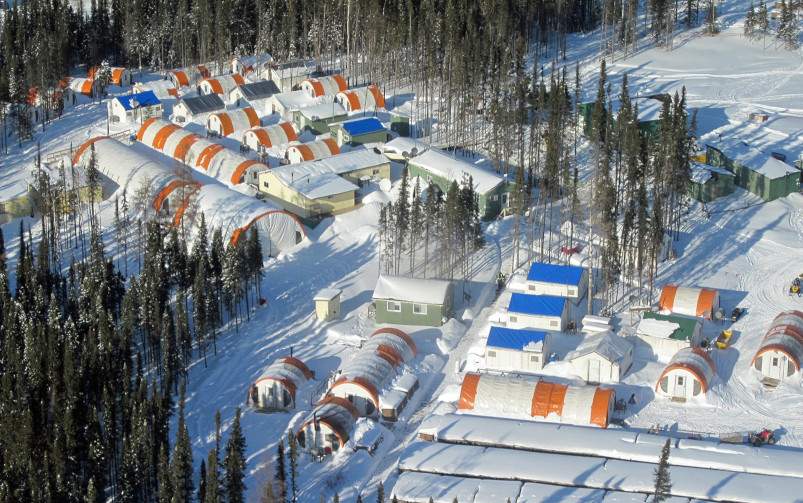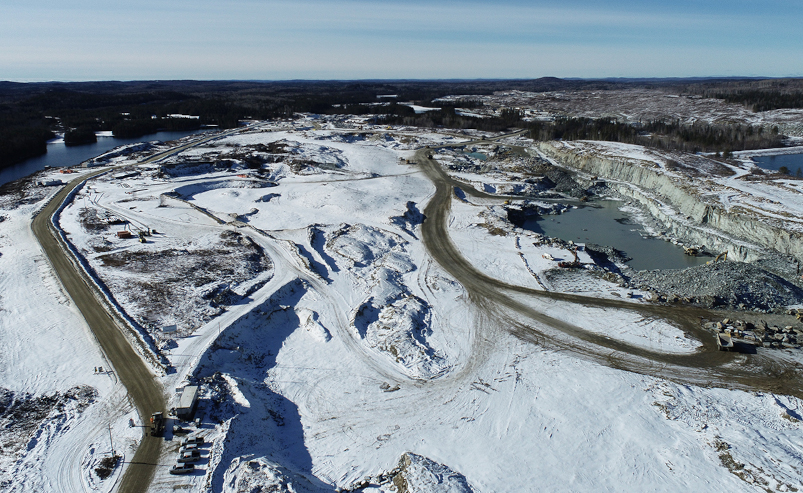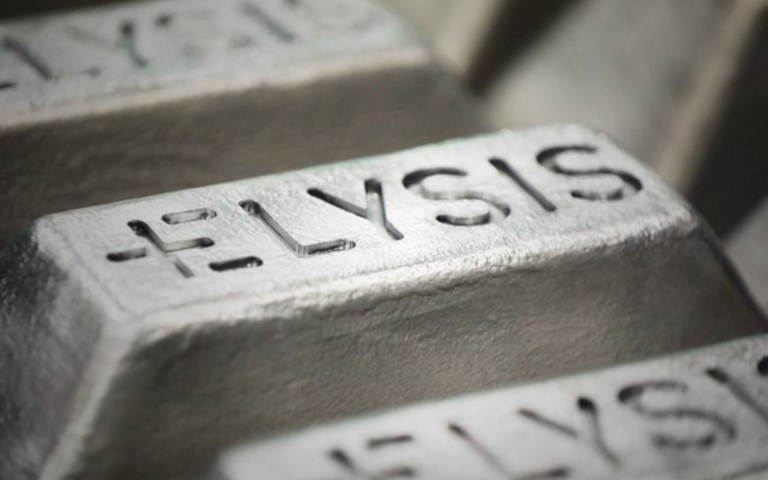ELYSIS’ aluminum smelting method aims to remove all greenhouse gas emissions from the process and instead produce only oxygen. Courtesy of ELYSIS
ELYSIS, a joint venture between Rio Tinto and Alcoa, is one step closer to commercializing its process of producing carbon-free aluminum after completing the construction of its Industrial Research and Development centre.
Located in the Saguenay-Lac Saint-Jean region of Quebec, the technical experts at the facility will work on advancing a breakthrough technology that will remove all direct greenhouse gases (GHG) from the aluminum smelting process and replace them with a method that will only produce oxygen.
“We’re proud to have reached this milestone with completing the Industrial Research and Development Centre, despite the challenges of 2020 with the global pandemic,” said ELYSIS CEO Vincent Christ. “Commissioning the centre will be a significant step forward… We are seeing strong results on metal purity and electrode durability as we continue to develop the ELYSIS technology and are extremely encouraged by the interest in the market.”
Related: $2.2 million in financial assistance will be given to four small and medium-sized enterprises for economic recovery and to create jobs
If successful, the ELYSIS technology could be capable of reducing Canada’s GHG emission by seven million tonnes – an amount equal to removing 1.8 million cars from the streets. The process could also increase production capacity while decreasing operating expenses of aluminum smelters in both new and existing smelters.
The company receives support from the Alcoa Technical Centre, which provides provide the essential materials used to manufacture proprietary materials for the new anodes and cathodes. The anodes are made of non-carbon materials, replacing previously used carbon anodes and can last for more than 30 times longer than traditional components.
ELYSIS will also continue to partner closely with the Rio Tinto technology team, who creates commercial-scale designs for the new technology used in existing or newer smelters.
Full-scale research and development work at the centre are set to start at the beginning of 2021, while technical training for the 25-person operation team, the testing of equipment and commissioning of activities for the start-up will be underway during the next few months.




